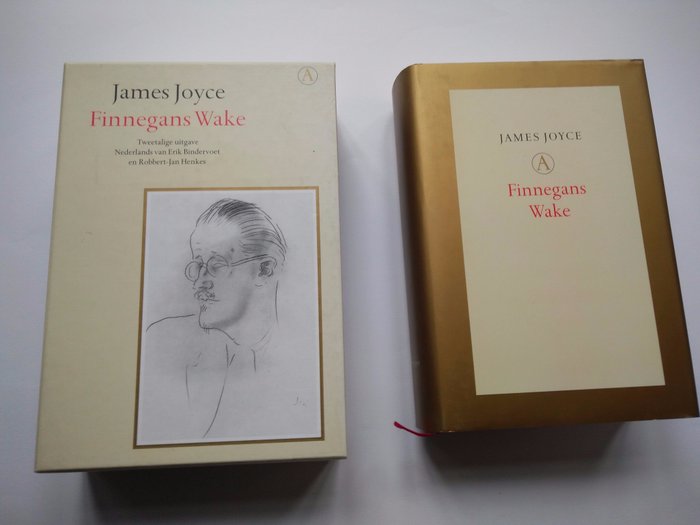I'm not sure starting with
Finnegans Wake would be good for a test run, it's a bit of a challenge.

My university has a reading group dedicated to the book which discusses one or two pages each session, taking it apart for cultural, linguistic, and historical references, of which there are many. Single words can contain a multitude of languages, like "bababadalgharaghtakamminarronnkonnbronntonner- ronntuonnthunntrovarrhounawnskawntoohoohoordenenthur- nuk!" on the first page.
I'm happy to do something with the book though, I have annotations galore.
However, maybe start the IRG* off with something shorter like a novella? Maybe something like Guy de Maupassant's short stories for French or for Dutch Willem Frederik Hermans,
Nooit Meer Slapen (I think the English version is called
Beyond Sleep or something like that).
As far as goals go: try for a book a month to discuss to start with and see how that goes? And guidelines for questions to get the discussion started might work well too. Might also help for the regular Book of the Month I should think.
Some ideas for discussion points:
- Quote a passage from the book which resonated with you and explain why.
- Strengths and weaknesses of the book as a whole (narrative style, something as simple as the book's length, how long the author takes to move the plot forward, et cetera).
- What stood out to you in this book?
- Did this book remind you of any other books you've read?
- What did you think of the book's ending?
- What do you think about the book's title? Does it relate to the book at all or would you have chosen a different title?
- Would you read anything else by this author?
*We're going to be cool enough for an acronym.






